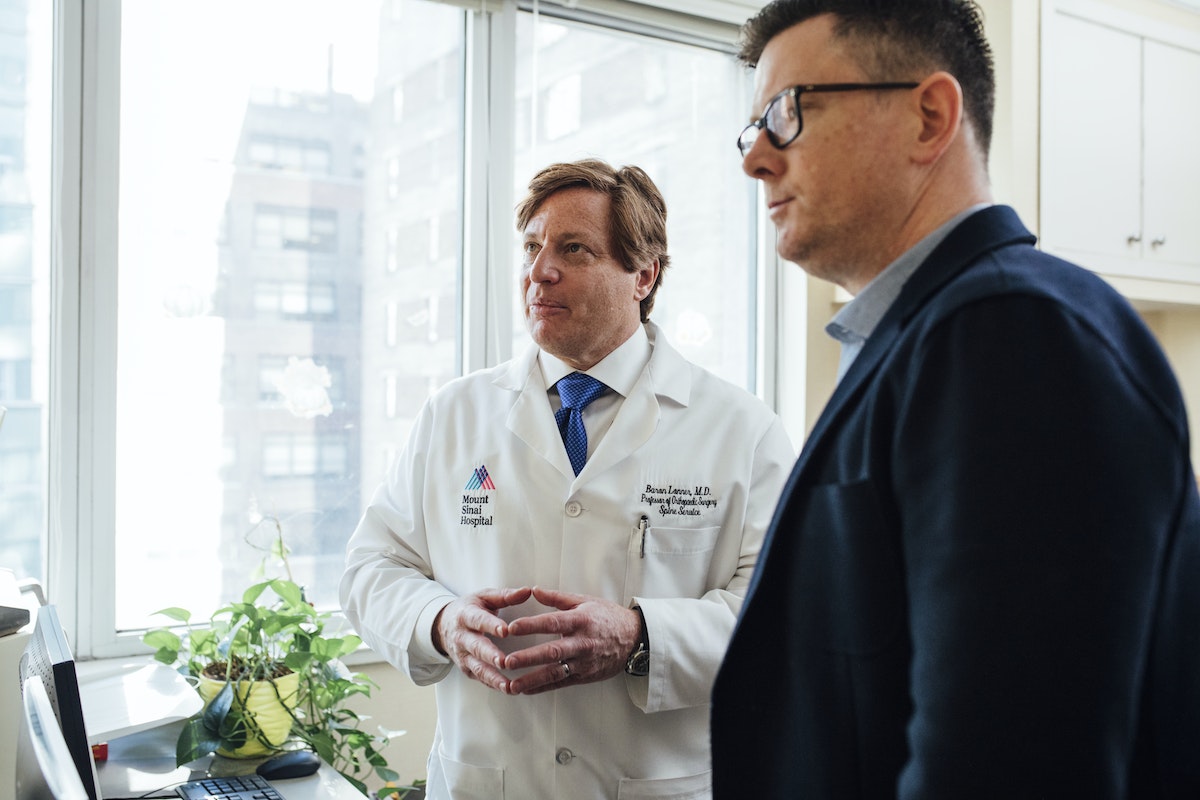Communication is key. This holds true in every industry but especially in healthcare. We’ve come a long way in health tech, but still have light years to go to better utilize current technology. The potential advantages of communication and interdependence in healthcare are so much that they compel us to keep striving for more.
With every new medical device, we get closer and closer to achieving new heights in medicine, making interoperability in healthcare more crucial than ever. The days of manually writing medical notes and faxing or filing them away are over, thanks to new and improved IT software. Software as a Medical Device or SaMD, such as a wearable device, captures vital data from patients so that physicians can learn how to help their patients and prevent future health complications.
Without interoperability, we could not take advantage of all of the data presented to us. One result of this lack of inoperability is that we are still behind in many crucial programs. Moreover, our healthcare system would have been revolutionized only if we could interpret all the data that we already have.
Why is Interoperability Critical in Healthcare?
We are striving to bring medicine to a place that is proactive and not reactive. Through this approach, we hope to gain critical advantage over time sensitive ailments. The only way to do so is to learn from the past and current health data.
Before the start of interoperability, pertinent information regarding an individual’s health would not reach a physician in time for them to make a timely assessment leaving the patient in danger if the health condition was time sensitive.
Now, with medical device interoperability, these devices can efficiently communicate with each other, sharing vital information across all networks so that every doctor involved with a patient’s case has rapid access to the medical data needed. This is anything from their medical history, testing results, current and past health conditions, and current medications.
We can learn much more about someone’s health with all of their medical information in one easily accessible place. By putting such crucial health stats of a person in one place, we can save precious time in diagnosing. Resultantly, the patient’s chances of survival can improve significantly.
Med tech has an immense opportunity to create more SaMD products capable of interoperability. Its role in healthcare is much needed to create a thriving healthcare system. With this interconnection, physicians, medical researchers, scientists and patients will be able to have access to data to help prevent future health complications.
Products such as oxygen monitors, sleeping devices and other wearables relay data to apps and, in turn, relay this information to their physicians. We have all the data present, what we need is a mechanism to align it all in ways that can be helpful in dealing with emergency and time sensitive health situations and med tech is striving for just that. What a difference this kind of technology makes in our healthcare industry.
Real-time information makes an incredibly impactful difference in patients’ lives and clinicians.
Below are just a few key benefits interoperability brings to healthcare:
- Reduces medical errors
- Improves efficiency
- Enhances communication across all networks
- Suggests preventative care
- Tracks biomarkers over time
- Suggests medical intervention
- Allows for more accessible data
- Provides affordable and effective care
- Protects sensitive data
How Do You Achieve Interoperability in Healthcare?

One key takeaway for med tech companies is the importance of directing the data collected in a digestible, organized way on a secure platform. This allows for seamless communication and will enable physicians to customize the data received for a more efficient and effective process. How is this achieved? A solid strategy from a team of experts is critical.
The platform needs to be designed in such a way that makes easy availability of data without red taping hick ups. Additionally, it must be able to optimize health records of the patient along with synchronizing it with the health information exchange services. For this to work, it is imperative that all paper-based records must be converted to electronic health records for paper-based records are very restricted in their access.
Working with leading health tech innovators will pave the way for a brighter future in healthcare where patient forward-thinking is at the forefront and life-saving technology is continually brought to the table.
Health tech consulting will ensure your ideas are supported with innovative digital solutions that comply with all updated certification criteria and regulations. Healthcare tech companies that do med tech and digital healthcare product development will provide expertise in strategy, design and engineering solutions to help your vision become a reality.
If you are a start-up company or enterprise looking to accelerate your next health tech project, work with the best certified and experienced healthcare technologists.




